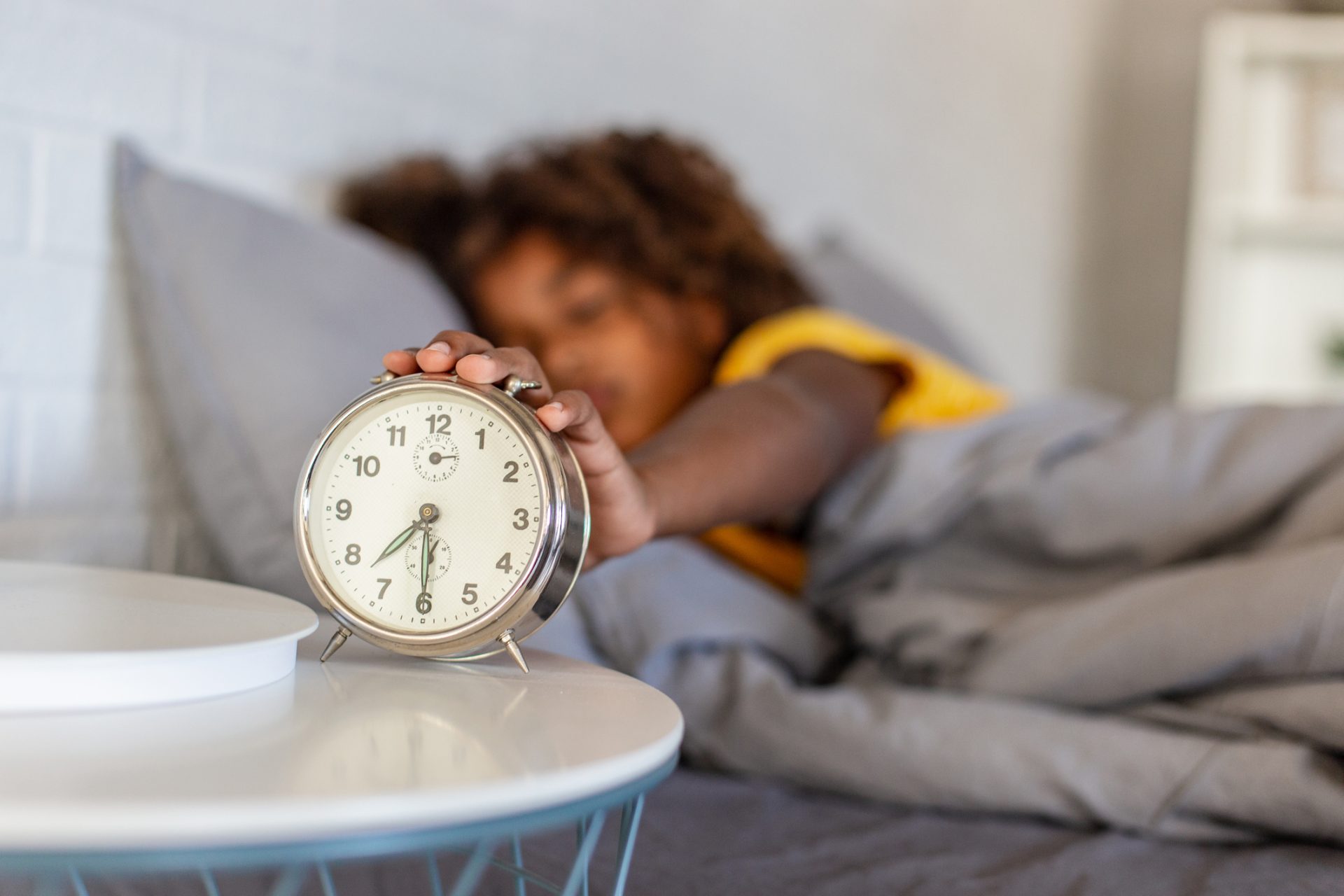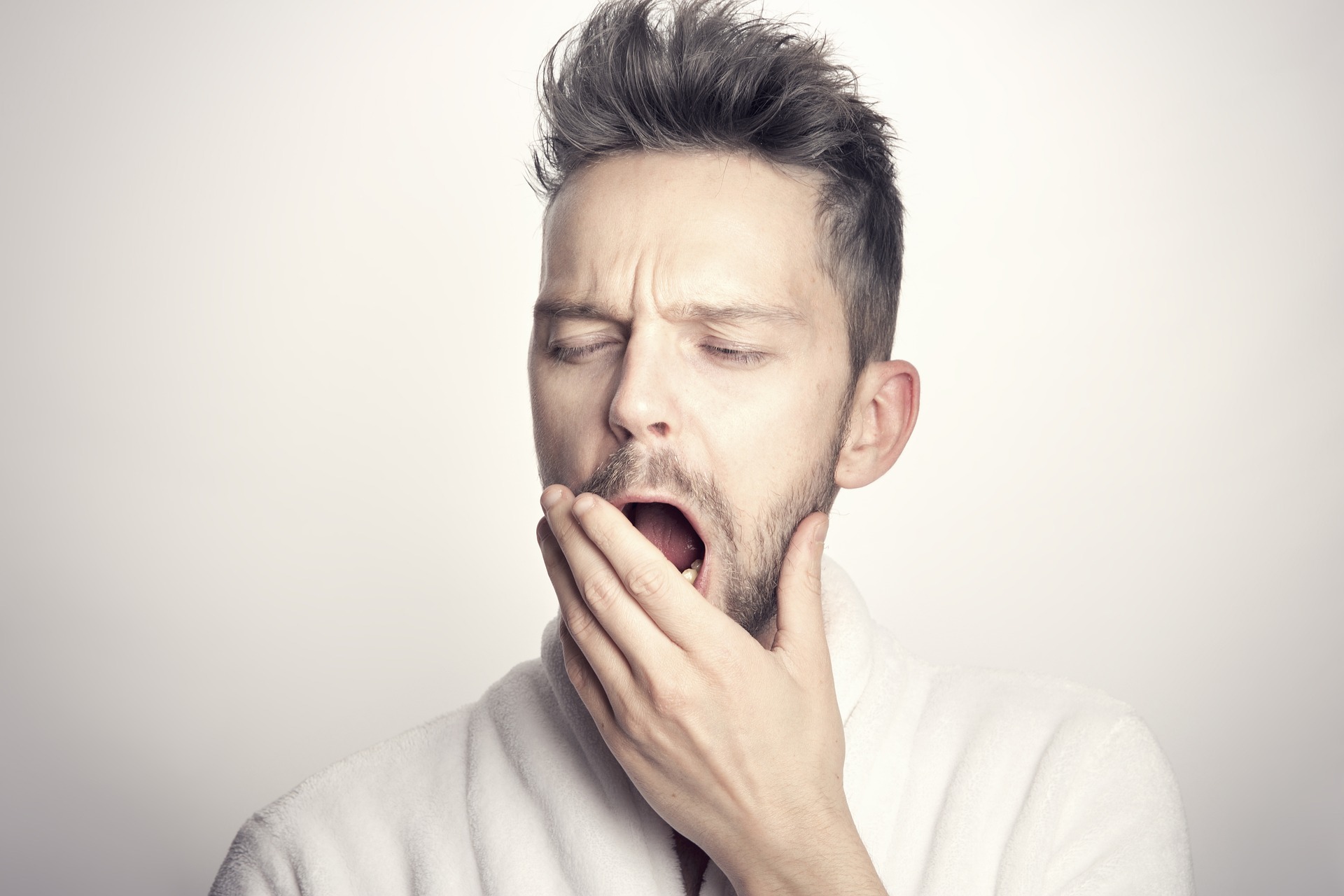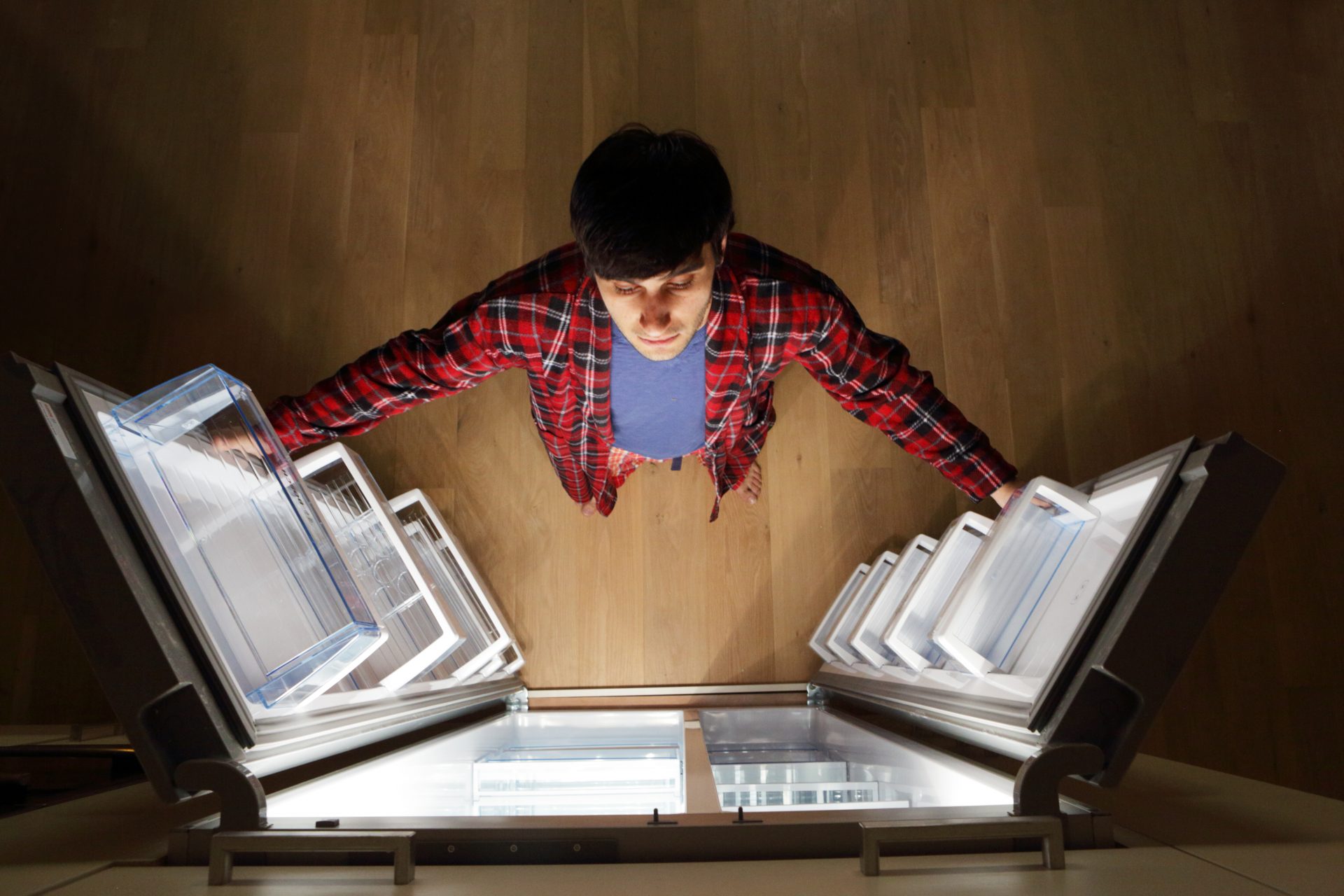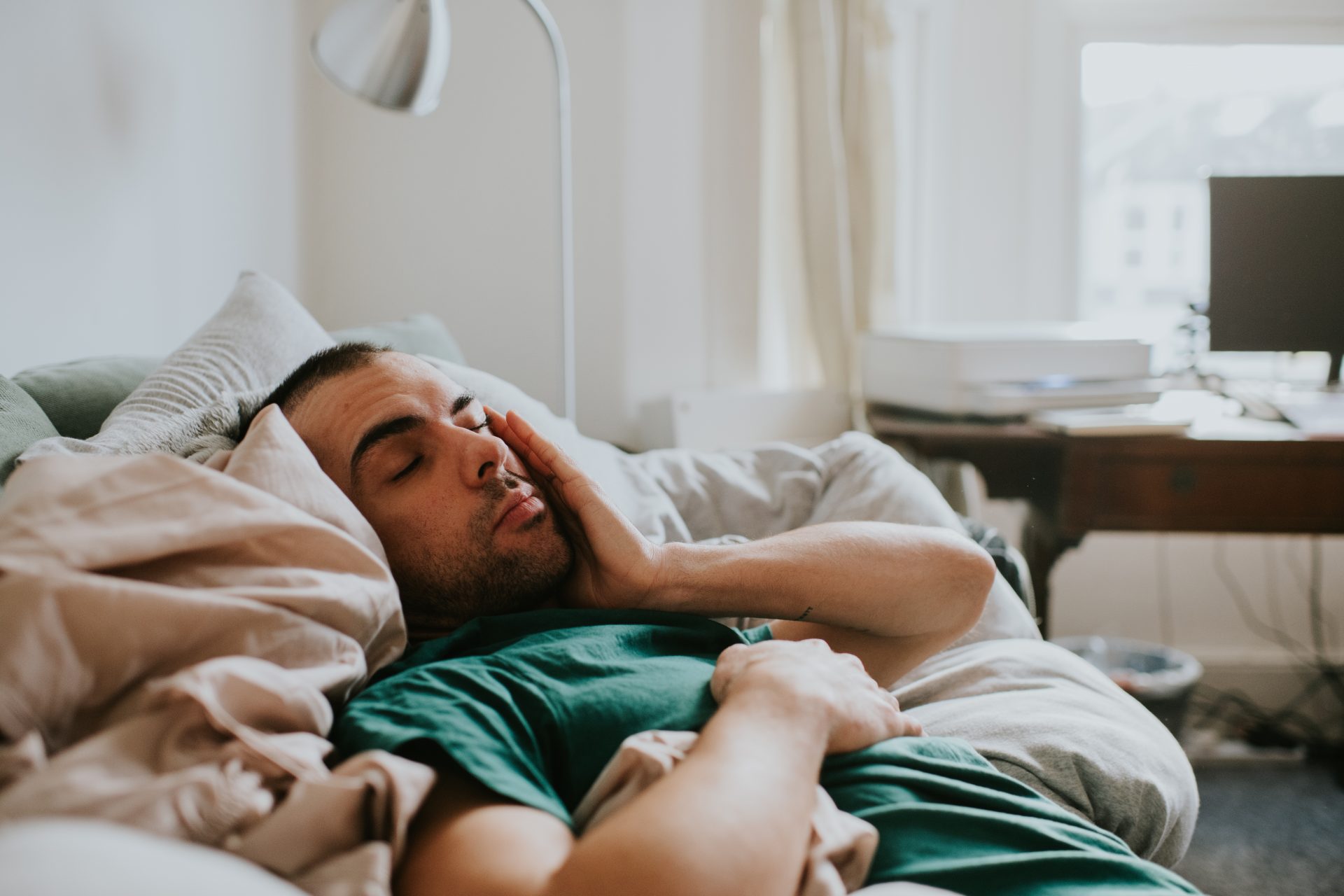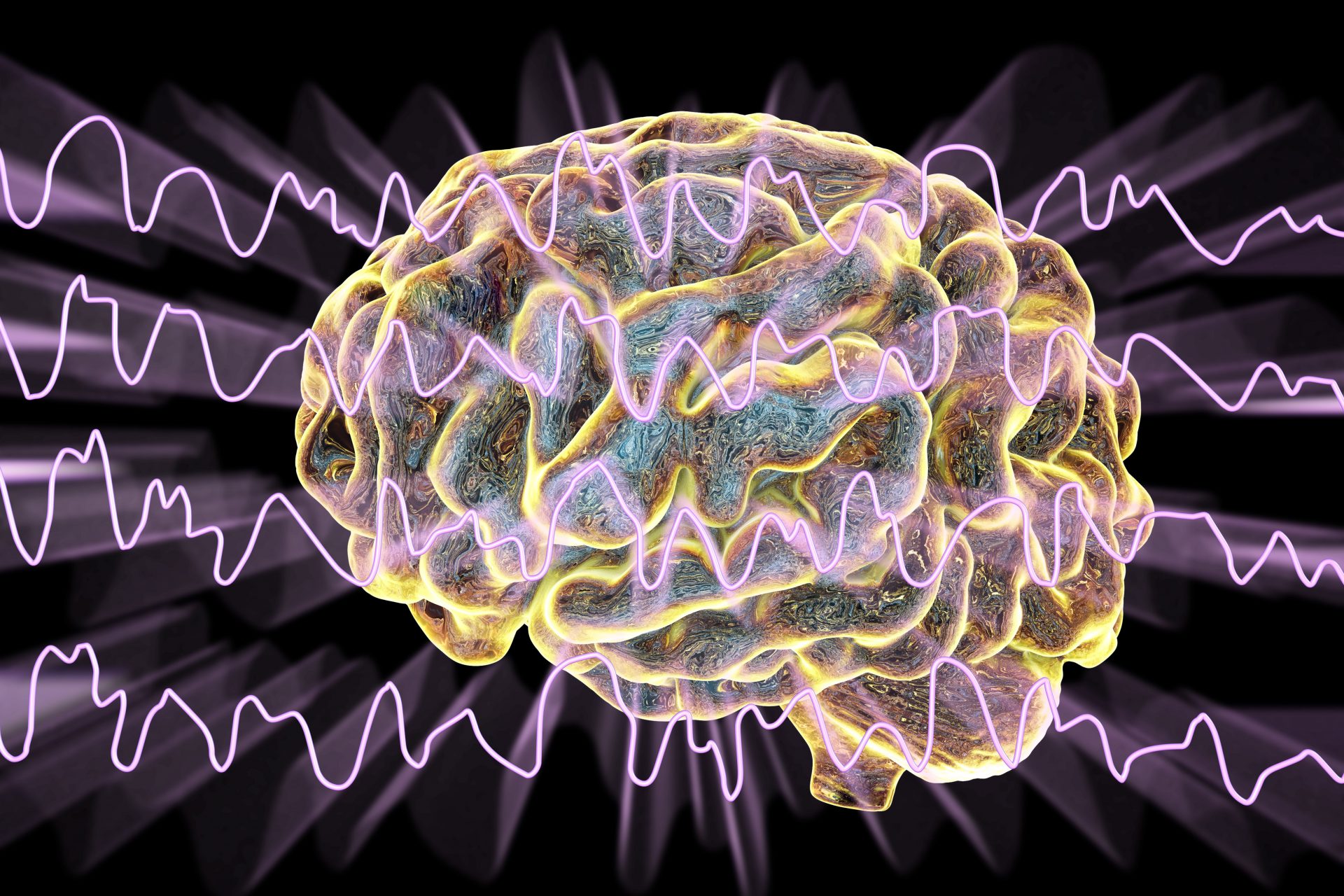Five sleeping disorders you probably didn't know about
Parasomnias are sleep disorders that involve undesired physical events that interrupt sleep. According to the Cleveland Clinic, they can occur before, during sleep, or while waking up.
Some parasomnias have prominent places in popular culture: sleepwalking or night terrors are often portrayed in TV and movies, and many know what they are.
Photo: Pixabay
However, some parasomnias are less known and can lead to stigma or years of battling for a diagnosis.
Photo: Pixabay
One of those disorders is sleep eating. Similarly to sleepwalkers, people with a sleep-related eating disorder typically rise in the middle of the night to eat.
Dr. Carlos Schenck, a professor at the University of Minnesota, told CNN: "Of all the parasomnias, sleep-related eating disorder has the worst impact on people's lives."
Photo: Towfiqu Barbhuiya / Unsplash
The patients eat significant amounts of junk food during the night, which causes other health issues. It is frequently misinterpreted as a volunteer action, so they can also suffer from stigma.
People with sleep-related eating disorders are only partially awake while they eat. They cannot control their body or impulses, the Cleveland Clinic explains.
Other parasomnias sound worse but are much less dangerous than sleep eating. Exploding head syndrome is the perfect example. People with the condition hear an explosion as they fall asleep.
The Cleveland Clinic says the condition is unharmful and does not indicate any serious health problems. However, it can scare the person experiencing it. Minor changes can stop the explosions.
On the other hand, RBD, or REM sleep behavior disorder, can signal other health issues. People with RBD move their bodies while in deep sleep, acting out their dreams with violent movements.
The brain paralyzes the body while we sleep to avoid that, but losing that capacity can be an early sign of neuronal diseases like Parkinson's. It is also dangerous to the person next to them.
People with sexsomnia, a sex-related parasomnia, can also endanger their partners. These patients engage in sexual behaviors while their bodies are awake, but their consciences are not.
According to what Dr. Carlos Schenck told CNN, many patients are unaware of their condition until they get hurt or their bed partner warns them when they perform non-consensual actions.
That is why the condition can be hazardous for patients. Schenck told the outlet that it generally involves complicated situations that cause embarrassment and pain or even result in arrests.
Parasomnias can result from other nerve conditions, such as restless leg syndrome. People who suffer from that condition feel unease in their limbs, typically in the evening.
According to the Cleveland Clinic, the syndrome causes a strong urge to move one's legs when resting. It provokes sensations like itching, pulling, crawling, or throbbing.
More for you
Top Stories



